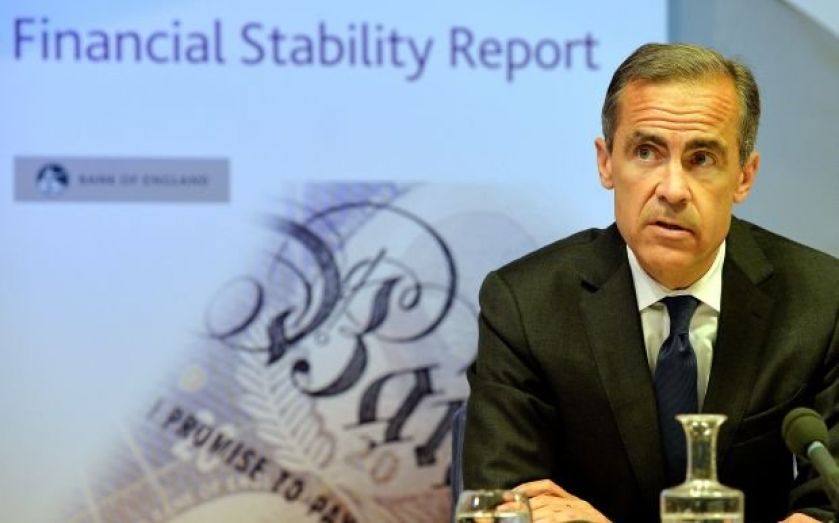Poor productivity is holding back wages and interest rates

More miserable figures on the UK’s shocking productivity slippage were released yesterday, suggesting little improvement and reinforcing a negative outlook for wages and higher interest rates in the near future.
Output per worker dropped by 0.1 per cent in the first quarter, despite small increases in production and services. The output of the economy rose by 0.8 per cent, while the number of jobs, workers and hours worked rose by 0.9 per cent.
The figures have a knock-on effect for employees’ pay, since earnings track growth in workers’ output. And the weakness of wage growth is one of the final factors influencing the Bank of England’s policymakers to hold interest rates at their current historical lows.
Mark Carney, the governor of the Bank of England, stressed during testimony given to a panel of MPs last week that earnings data were particularly anaemic in comparison to the general recovery, and that the timing of the first post-crisis hike in interest rates depended partly on a recovery in wages.
Productivity per worker is practically unchanged from 2010, with very little growth over the period – the measure is still more than four per cent below its peak, recorded at the end of 2007.
Some analysts are still confident that productivity will begin to pick up. “Given the experience of past recoveries and the strong growth in business investment seen recently, we expect a decent recovery in productivity to get going in the second half of this year,” said Samuel Tombs of Capital Economics.
The ONS also announced that unit labour costs rose by 0.1 per cent in the first quarter, up by 1.4 per cent from the same period last year.